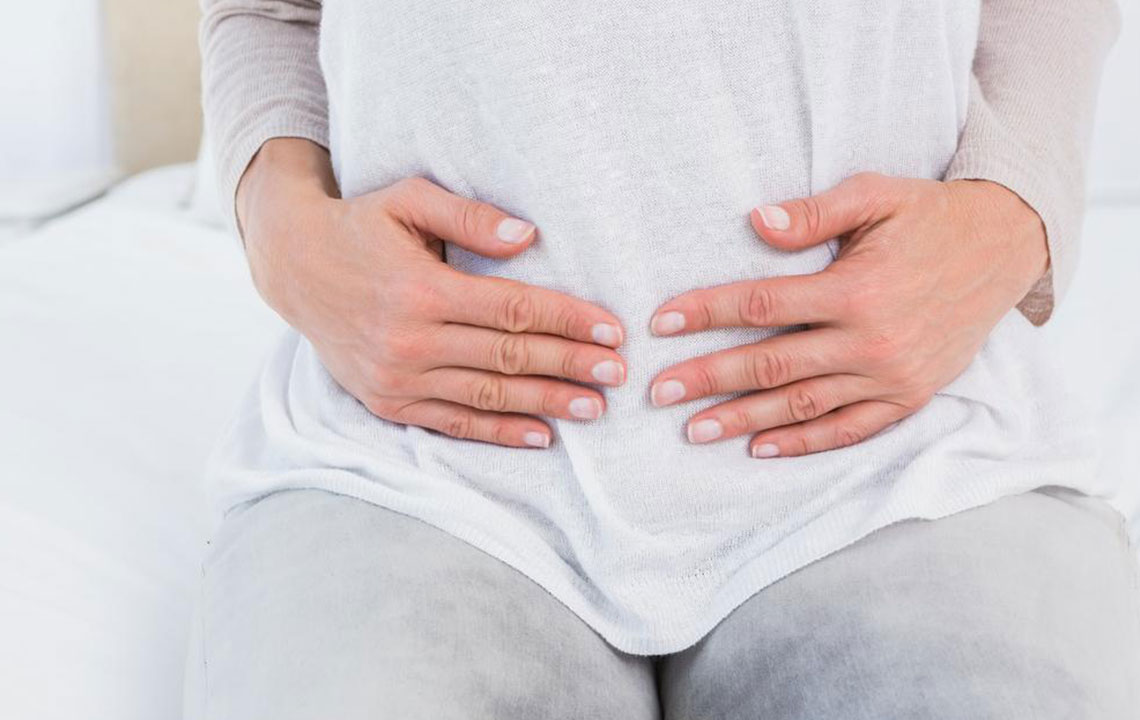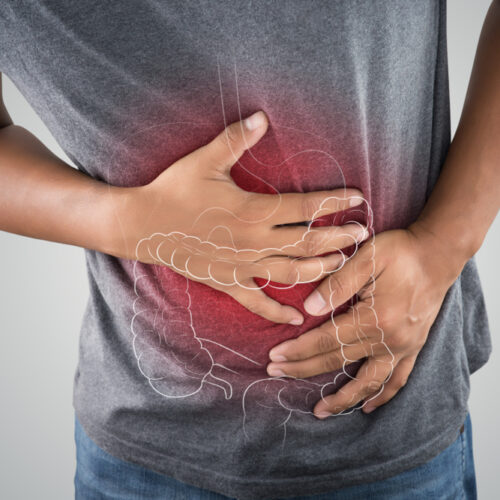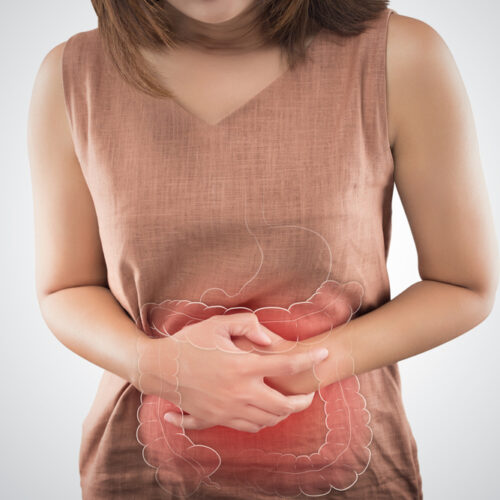H pylori infection and ulcers
One of the leading causes of stomach ulcers is an infection from the Helicobacter pylori (H. pylori) bacteria. Peptic ulcers are open sores on the stomach lining, the duodenum (the upper part of small intestine) and lower esophagus. Hpylori are bacteria that can enter the stomach and thrive inside the organ.

How an H. pylori infection causes ulcers?
The stomach contains acid that breaks down food during the digestion process. A coating protects the stomach from the acid. But H. pylori bacteria damage this protective lining and make it possible for the acid to irritate the stomach. The irritation can cause inflammation and ulcers.
h.pylori symptoms that indicate presence of ulcers can be –
- Persistent stomach pain; can differ in intensity.
- Bloating
- Burping
How do these ulcers cause further damage in the stomach?
Peptic ulcers are open sores. These sores can cause a lot of damage inside the digestive tract.
- The ulcers can bleed and cause further infection. The ulcers can also cause blood vessel damage, which can lead to internal bleeding. Signs of internal bleeding can be bloody stools, bloody vomit, fatigue, dizziness, difficulty breathing and severe stomach pain.
- If the ulcers grow big, these sores can also block food from the stomach to enter the intestines.
- The ulcers also cause a burning or dull ache in the abdomen. The pain can be especially severe several hours after intake of food or on an empty stomach. The pain can last for hours.
Your doctor can perform diagnostic tests for peptic ulcers based on your H. pylori symptoms. These can be a breath test, endoscopy or a stool test. The treatment of peptic ulcers can be through antibiotics and other medicines that inhibit acid production, histamine (substances that produce acid) blockers and coat the ulcers to protect them from acid.











